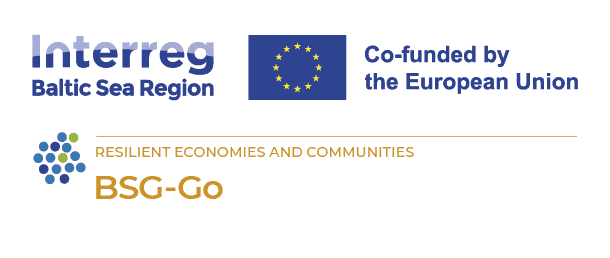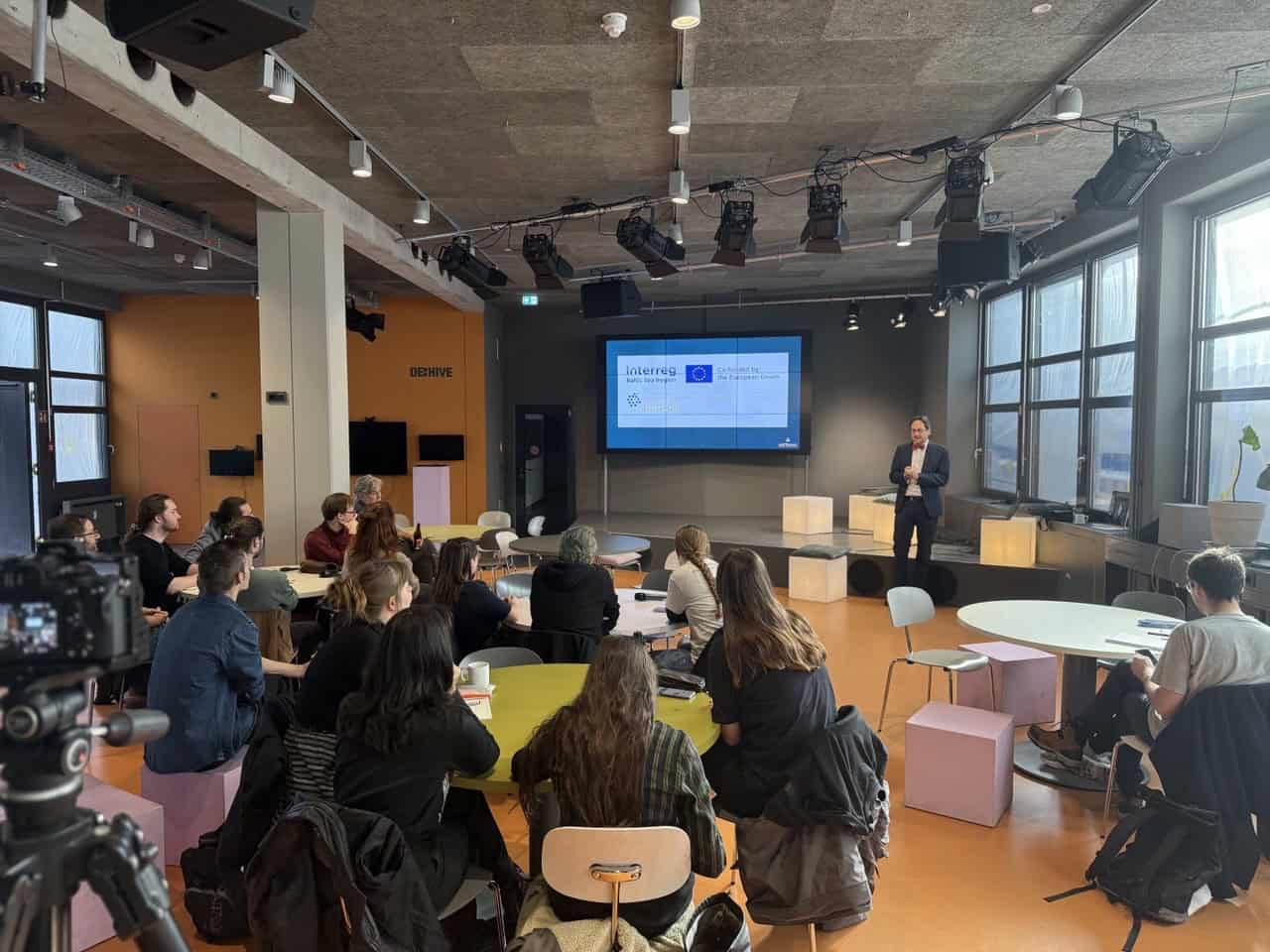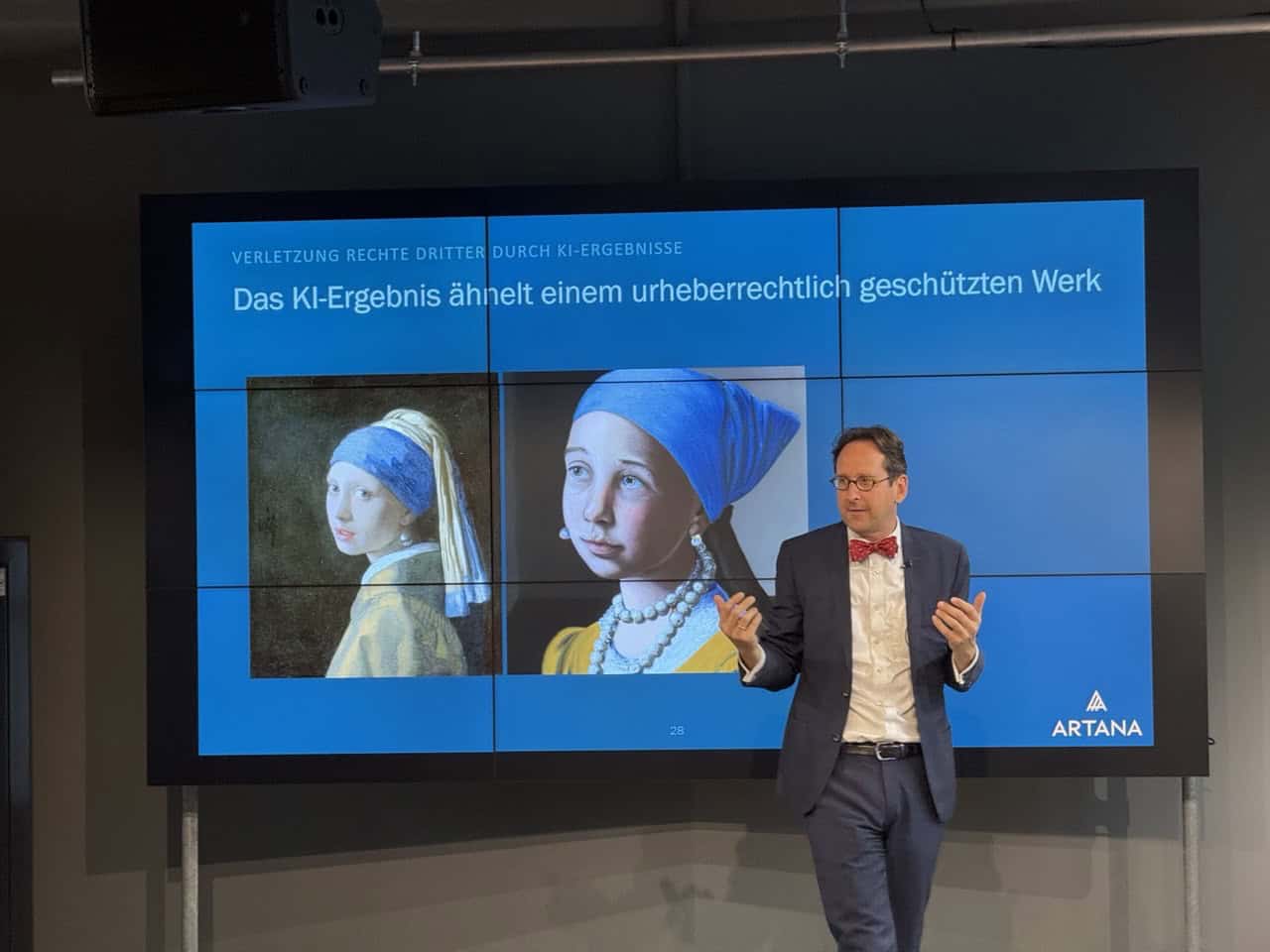
Gender Bias and Beyond: The Evolving Role of AI in Game Development
07 November 2024
Gender Bias and Beyond: The Evolving Role of AI in Game Development (& Society)
Artificial intelligence has become integral to nearly every sector, from entertainment to healthcare and finance. However, as AI’s influence grows, so do critical discussions around bias and fairness. Issues such as gender bias, cultural assumptions, and ethical implications are now central to evaluating AI’s role and limitations.
To address these complexities in the context of game development, BSG-Go! and HTW have launched a specialised workshop. Targeted at young entrepreneurs, the workshop has explored pressing concerns surrounding AI—such as legal ramifications, gender bias, content generation, and more—while also tackling the skepticism that persists within the gaming industry.
Does AI make the human component obsolete?
As AI tools become more advanced, they are poised to lower the “floor” of productivity—simplifying complex tasks and giving people more time for creative work.
Tools like Canva are examples of this shift, enabling non-designers to produce high-quality visuals efficiently. Future AI applications may provide similar benefits, supporting everything from smart cities to personalised healthcare. AI’s role is to provide autonomy, enhance insight, and give people tools to grow in complexity. For instance, virtual reality (VR) devices by Meta and Apple are already exploring how to measure human emotions, which could help developers better tailor experiences to individual users.
Despite that, Jesper Juul, Associate Professor of Visual Design at the Royal Danish Academy and partner in the BSG-Go! project, emphasizes the importance of human involvement in for instance game development by showcasing examples of AI-modeled castles (concept Art) within a specific setting. While generative-AI produces impressive interpretations, it still misses certain details, highlighting the need for human oversight to achieve a nuanced final result.
Why Does Bias Persist in AI?
Bias in AI systems is often rooted in underrepresentation. Information on the internet doesn’t capture all demographics equally, leading to skewed data that fails to reflect global diversity.
For instance, the 2018 “Gender Shades” study, from the MIT Media Lab exposed racial and gender bias in facial recognition, finding that systems misidentify non-white female faces more frequently than white male faces. (see. https://www.youtube.com/watch?v=TWWsW1w-BVo)
Additionally, the creators of AI models build in certain cultural norms and values, influencing what is considered appropriate, ethical, or taboo within these systems. For example, AI tools may be programmed to avoid certain sensitive topics or even filter specific types of information, reflecting the biases of their developers. This of course, reflects on the process of game development, too!
As AI becomes a more prominent part of daily life, its true role comes under question. Is AI the ultimate solution to all problems, or should some issues be tackled differently? Which tasks will AI replace? With a growing need for ethical oversight and diverse perspectives, the AI industry must grapple with these questions to ensure that it serves humanity fairly and responsibly. The concern is that over-reliance on AI for simpler tasks could mean fewer opportunities for junior workers to gain experience, potentially creating a knowledge gap in the workforce.








